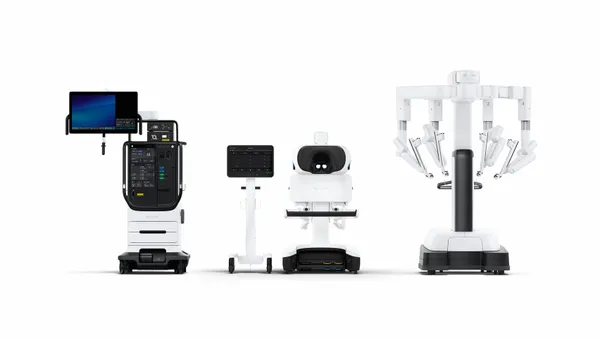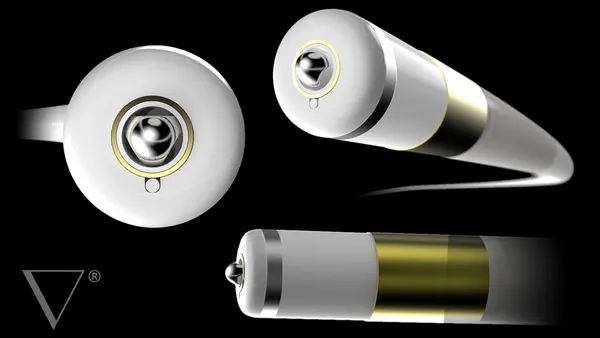Dive Brief:
- The U.S. Food and Drug Administration (FDA) has sent a warning letter to Abbott because a heart disease test lacks premarket approval.
- Abbott received 510(k) clearance for the i-STAT cTnI Test in 2003 but has since “made multiple significant design changes,” according to the FDA. The warning letter names four changes dating from 2009 to 2022 that require the submission of a new premarket notification.
- During the inspection, Abbott Point of Care Canada said it did not consider “the cumulative effect of design changes over time and never compared the performance of the modified device change to the originally cleared device,” according to the FDA’s letter.
Dive Insight:
The FDA cleared i-STAT cTnI for the quantitative measurement of cardiac troponin I in heparinized whole blood or plasma samples in 2003. By measuring levels of cardiac troponin I at the point of care, the test informs the diagnosis and treatment of heart attacks and supports the risk stratification of patients with acute coronary syndrome.
According to the FDA, Abbott should have filed multiple additional 510(k) notifications for the test since it first received clearance. The FDA identified the problems at an inspection of an Abbott site in Canada in May 2022.
The inspectors found that Abbott made reagent changes to reduce interference in 2009. While Abbott did not file a 510(k) notification in relation to the changes, the FDA said the modifications “could have a direct impact on the device performance due to different interferences relative to the original device and could change the ability of the device to accurately measure the troponin concentration.”
Another change happened in 2012, when Abbott modified its test cartridge. According to the FDA, the change “could affect the signal reading of the cartridge and therefore impact the device’s ability to accurately measure troponin concentrations.” Again, the agency said Abbott should have submitted a premarket notification about the change.
The other two changes listed by the FDA happened last year. In February, a global supply shortage led Abbott to make changes, and in May, days before the FDA inspection, an alternate antibody source was used. The FDA said all four changes “significantly modified existing risks and could significantly affect the safety or effectiveness of the devices.”
Abbott’s response, both at the inspection and in reply to a Form 483, failed to allay the FDA’s concerns. In the warning letter, the FDA found fault with Abbott’s comparison of the specifications of the 2003 and 2022 versions of the devices, noting that the approach “has not demonstrated that this testing accurately and reliably predicts the impact of such changes on the clinical performance of your device.”
The FDA sent the warning letter in November but only published it online this week. The warning letter gave Abbott 15 days to share the specific steps it had taken to address the violations and stop them from happening again.
In an email Thursday, an Abbott spokesperson said that the company has been working with the FDA and its customers since it received the letter last year.
“When we made the changes noted in the letter, we conducted testing to verify performance,” the Abbott spokesperson added. “The i-STAT cTnI cartridge is performing according to the label specifications, and in working with the FDA, remains available for use in the U.S.”
Updates with comment from Abbott.













